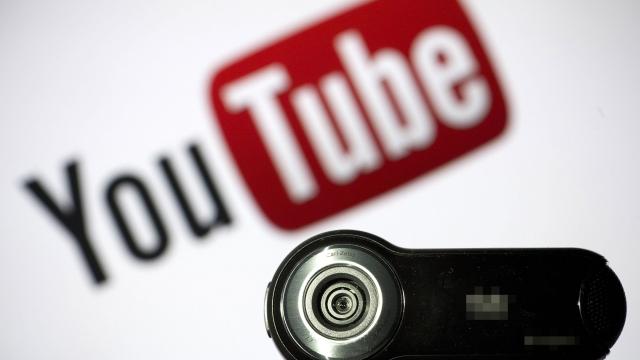Just one week after Instagram announced new settings intended to make it harder for weird creeps to peruse its platform, Google said that it was also rolling out a host of new privacy options intended for minors across its suite of services, including Google search, YouTube, YouTube Kids, Google Assistant, and others.
In one of the biggest shifts, YouTube will, over time, adjust its default upload settings so that minors between the ages of 13 and 17 are automatically set to the most private option, meaning that any content they upload will only be seen by the user and anyone else they specifically grant viewing permissions to.
“We want to help younger users make informed decisions about their online footprint and digital privacy, including encouraging them to make an intentional choice if they’d like to make their content public,” James Beser, YouTube’s director of product management wrote in a blog post.
YouTube also said that the suite of wellbeing features it introduced in 2018 — including ‘take a break’ and bedtime reminders — will now become default settings for all users between the ages of 13 and 17, although users will have the option to disable those reminders in their settings if they choose to.
For younger users, YouTube will also be making significant tweaks to YouTube Kids, including the addition of an autoplay option that parents can toggle on or off at their discretion to ensure that less content-made-by-sickos-to-seem-kid-friendly-but-actually-it’s-a-snuff-film shows up on youngsters’ screens.
“Whether you’re driving on a road trip with your kids or listening to nursery rhymes together while cooking dinner, we want to empower parents to be able to choose an autoplay setting that’s right for their family,” Besser wrote.
Finally, YouTube Kids will also be getting a facelift in terms of the commercial content it’s allowed to run. While paid product placements have never been allowed to run on YouTube Kids, the new measures will go a step further, cracking down on any video “that only focuses on product packaging or directly encourages children to spend money,” according to the blog post.
The privacy tweaks come two years after Google and YouTube were compelled by the U.S. Federal Trade Commission and the New York Attorney General to pay up to $US200 ($272) million to settle allegations that YouTube had violated children’s privacy law by collecting data on its youngest viewers without their parents’ consent in an effort to serve them ads.
